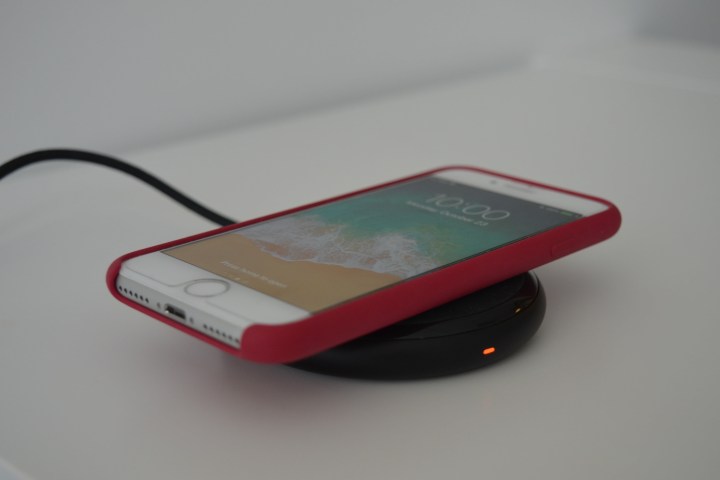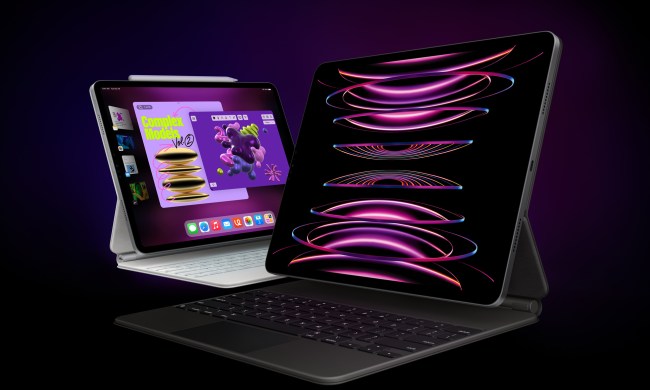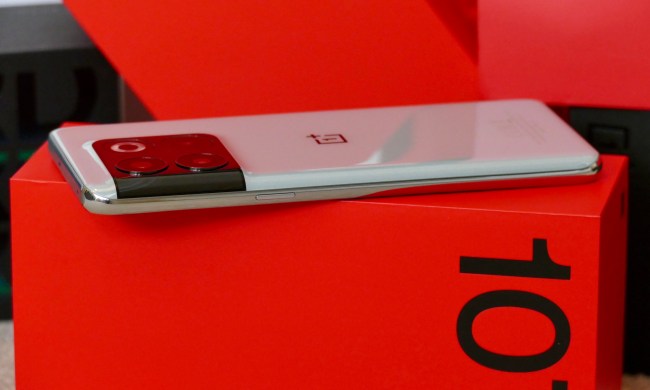
Qi has been dominating for the last few years, with all the best wireless chargers in the consumer space, while Powermat pursued partnerships with chains like Starbucks. Samsung hedged its bets, supporting both the Qi and Airfuel standards in flagships like the Galaxy S8, but when Apple went all-in with Qi on the iPhone X, Powermat finally threw in the towel.
Powermat is now set to contribute to the WPC, which will “leverage Powermat’s expertise in technology innovation to support more use cases including higher power and expanded special freedom,” according to WPC’s chairman, Menno Treffers.
Existing Powermat hardware can support the Qi standard, though it requires a software update. That has already happened at Starbucks and we imagine other Powermat partners will get similar updates. Powermat will now help to develop new wireless charging technology, while remaining backwards compatible with Qi.
“Qi has become the dominant wireless charging standard on the market and the recently launched Apple iPhone lineup is evidence of this success,” explained Elad Dubzinski, Powermat CEO in a press statement. “Powermat will share technology innovation to further unlock wireless charging potential, and will expedite the growth of the wireless charging infrastructure, bringing wireless charging to wherever users need it.”
The Power Matters Alliance (PMA), which Powermat is a member of, merged with A4WP, with its Rezence technology, back in 2015 to form the Airfuel Alliance, but it failed to keep pace with the WPC’s Qi which has seen steady growth. Apple’s adoption of Qi forced Powermat partners like Starbucks to update their wireless charging pads and spelled the end for the Airfuel standard. This is great news for regular folks as it makes wireless charging simpler. With Apple, Samsung, LG, and a host of other companies (more than 360 in total) pushing the Qi standard, it looks as though wireless charging is finally going mainstream.


